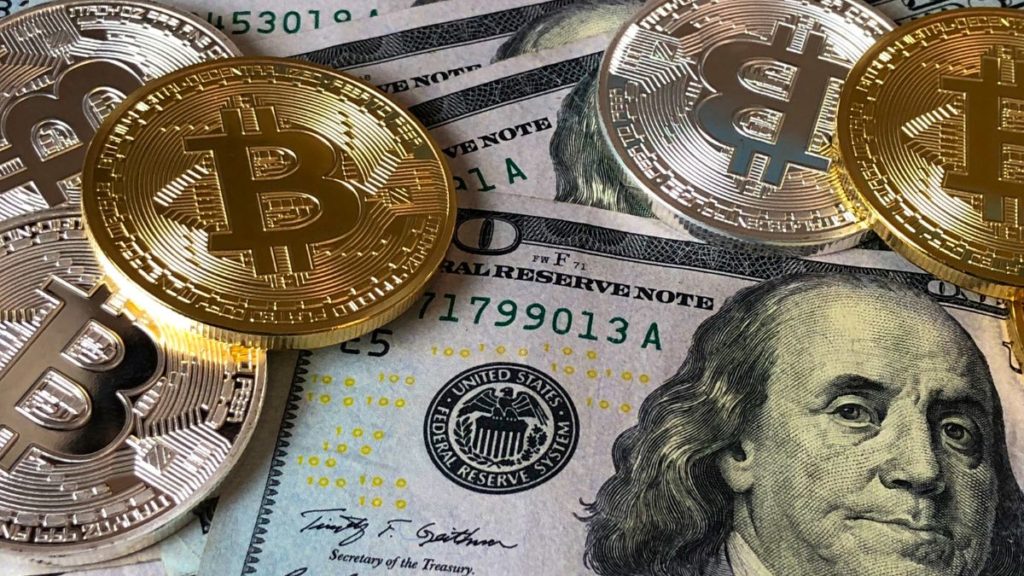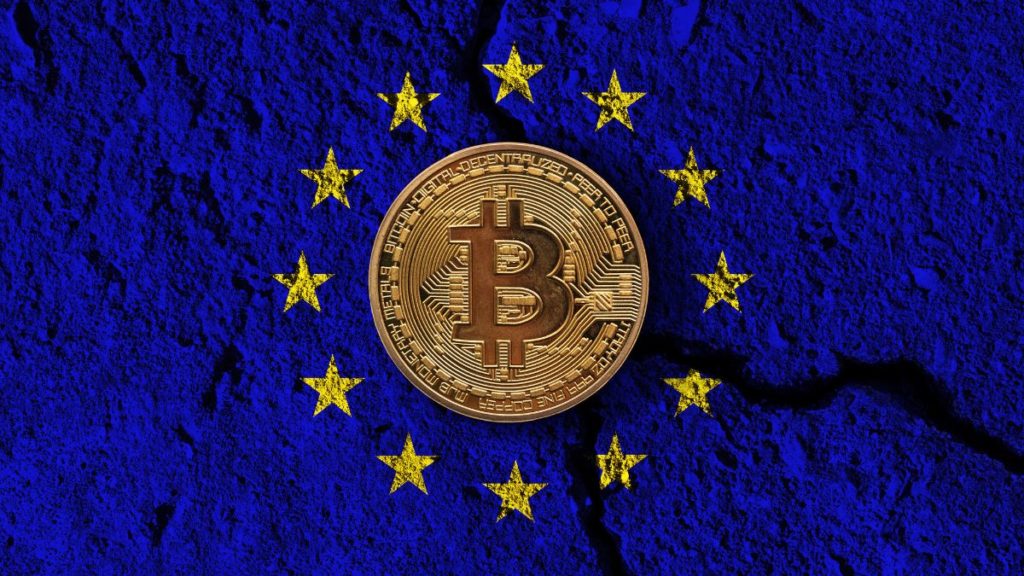A Guide to Navigating the World of Crypto Regulations
Although navigating the world of crypto regulations can seem daunting, it’s important to understand the regulations that are in place and how they are affecting the crypto market. This guide will walk you through the latest crypto regulations, as well as the future of crypto regulation and how it is likely to affect the crypto market. So without any further ado, let’s dive right in!
The Basics of Crypto Regulations
Before we get to the advanced stuff, let’s first clear up the basics.
Defining Crypto Regulations
When it comes to crypto regulations, things can get a little confusing.
At its simplest, a crypto regulation is a law or rule that governs how crypto is used. These laws can vary from country to country, and even from state to state. They can be about anything from how crypto is taxed, to who can own it, to how it can be used.
Why do these regulations matter? Well, for one, they play a big role in shaping the future of crypto. Regulations help to define the boundaries of what’s possible with crypto, and they can have a big impact on the price of Bitcoin and other cryptocurrencies. So if you’re interested in crypto, it’s important to stay up-to-date on the latest regulations and understand how they’re affecting the market.
Understanding the Importance of Crypto Regulations
You might be wondering why crypto regulations exist in the first place. After all, blockchain technology is built on the idea of decentralization and going against the traditional systems.
But you see, regulations are important for two main reasons. Firstly, they ensure that crypto is being used only for legal purposes and not any activities that may be considered immoral, illegal, or dangerous. Secondly, they help to protect investors by ensuring that exchanges and other crypto-related businesses are following the best security practices.
To sum up, regulations help prevent scams and as you’ve probably heard, there have been many cases where people have lost money because of fraudulent activities by crypto projects.
The Impact of Crypto Regulations On the Market Price of Tokens
If you’re like most people, you’ve probably been keeping an eye on the price of Bitcoin and other cryptocurrencies over the past few months. You’re also probably wondering what’s causing all the volatility.
Well, a big part of it has to do with the fact that governments are starting to regulate crypto. Up until now, the crypto market has been pretty much unregulated, which has allowed for all kinds of shenanigans. But with governments getting involved, things are starting to change. Exactly how is this affecting the price of tokens? In short, it’s causing a lot of uncertainty.
When investors don’t know what’s going to happen next, they tend to pull their money out of the market. And this is what we’ve been seeing lately—a lot of volatility as investors try to figure out what the future holds.
So you see, changes in crypto regulations can cause major fluctuations in the market prices of crypto tokens.

Crypto Regulations Around the World
When it comes to crypto regulations, things can get a little complicated.
That’s because the regulations around crypto differ from country to country. Some countries are more welcoming of crypto than others, and some have placed a lot of restrictions on it.
So how do you stay up-to-date on the latest crypto regulations? And how do they influence the price of cryptocurrencies? That’s what we’re going to explore in this section.
Crypto Regulations In the United States
In the U.S, cryptocurrency exchanges are legalized in almost all states. However, cryptocurrencies aren’t considered legal tender—a legal currency that must be accepted if offered in the payment of a debt.
The Financial Crimes Enforcement Network (FinCEN) has officially stated that they do not recognize any cryptocurrency as a legal tender. Similarly, the Internal Revenue Service (IRS) also does not consider cryptocurrencies as legal tender but rather as, “a digital representation of value that functions as a medium of exchange, a unit of account, and/or a store of value.”
You can read about the details of taxes on cryptocurrencies here.
Crypto Regulations In Europe
At the time of this writing, cryptocurrencies aren’t considered legal tender by any country in Europe. As for their overall legality and laws regarding tax, different countries have different rules.
For instance, the United Kingdom’s HM Revenue and Customs have released this statement on crypto taxes. You can read the entire statement, but the gist of it is that cryptocurrencies are unique entities that cannot be compared with traditional investments or payments. That’s why they must receive unique treatment as far as taxation is concerned.
Other countries in Europe do not agree with the U.K’s rules on crypto taxation and have their own sets of rules and laws. So if you reside in Europe, it’s best to check in with your local government to see what the laws are in your area.

Crypto Regulations In Asia
The Asian continent does not have a set of consistent regulations throughout its countries. Different countries have completely different laws. For instance, while cryptocurrencies are commonly traded in countries like U.A.E and Singapore, they are strictly banned in countries like China that have imposed serious penalties for anyone investing in this form of digital money.
Furthermore, different countries have different regulations regarding crypto coins and crypto tokens. If you don’t know coins are different from tokens, we recommend reading this post.
To sum up, if you live in Asia, it’s best to check in with the official laws of your country to find out if it’s legal for people in the area of your residence to invest in crypto coins or tokens.
Crypto Regulations In Africa
Just like in Asia, different countries in Africa have different regulations for cryptocurrencies. While some promote these digital currencies and encourage their citizens to invest in them, others, primarily Nigeria and Kenya, have chosen to ban crypto transactions and sent legal warnings to their banks to avoid them. So if you live in Africa, you must check in with your country’s official regulations on crypto to find out if it’s legal for you to invest in it.
You can read more about crypto laws in Africa here.
Three Crypto Points that We Need to Address
Before we end this guide, there are three more important points about crypto that we need to address.
1. The Latest Crypto Regulations
As the world of crypto rapidly evolves, so do the regulations surrounding it. In order to stay ahead of the curve, it’s important to stay up to speed on the latest regulatory changes.
For example, the recent release of the Virtual Currency Guidance by the US Securities and Exchange Commission (SEC). This document provides clarity on how the SEC will regulate certain types of virtual currencies, namely those that are classified as securities.
It’s important to note that not all crypto assets will be regulated by the SEC. For example, utility tokens that are used to purchase goods or services will likely not fall under the SEC’s jurisdiction. However, tokens that are marketed as investment opportunities will most likely be considered securities. So what does this mean for crypto investors? Well, it means that you need to be extra careful when investing in tokens that are deemed securities. You must do your due diligence and consult with a legal expert before making any investments.
2. Staying In the Loop About Upcoming Crypto Regulations
On top of staying up to date on the latest crypto regulations, it’s important to also keep an eye on what the future holds. Future regulations can have a big impact on the crypto market, and it’s important for investors to stay in the loop.
For instance, upcoming regulations in the U.S. are expected to have a huge impact on the crypto market. The CFTC is preparing to release new rules that will govern crypto markets, and this is likely to cause a lot of volatility in the market. It’s important to stay informed about these developments. Otherwise, you could end up making uninformed decisions about your investments.
3. Crypto Regulations Are Not Your Enemy
Investors often see regulations as a negative thing. But in the world of crypto, they’re actually a good thing. Allow us to explain why.
Cryptocurrencies are still in their early days, and as they grow, regulations will help to protect investors and keep things running smoothly. Regulations provide a framework for the industry to operate within, and they create trust between investors and exchanges. Although too much regulation could stifle innovation and growth, the right amount can help to ensure that the crypto community remains safe and healthy.
So as long as the balance is maintained and regulations don’t become too strict, they work in favor of everyone involved.

Wrapping Up
Cryptocurrencies are a revolutionary new way of conducting business and making payments, but due to their growing popularity, they are also coming under greater scrutiny from governments and financial regulators.
This had led to complex regulations that vary in different parts of the world. So before you invest in any crypto token, we recommend first checking in with the official regulations in your local area. Otherwise, you may end up making an investment that on top of being a financial risk could also lead to legal complications.
If you want to stay up-to-date with the hottest news in the crypto world (including news regarding regulations) and get the latest news in real-time, use Algory – a highly renowned crypto scanner and cryptocurrency news aggregator.
Disclaimer: Please note that the content of this article is for informational purposes only. It should not be construed by anyone as legal, tax, investment, financial, or any other type of advice. Nothing contained in this article constitutes a solicitation, recommendation, endorsement, or offer to buy or sell any securities or other financial instruments.


